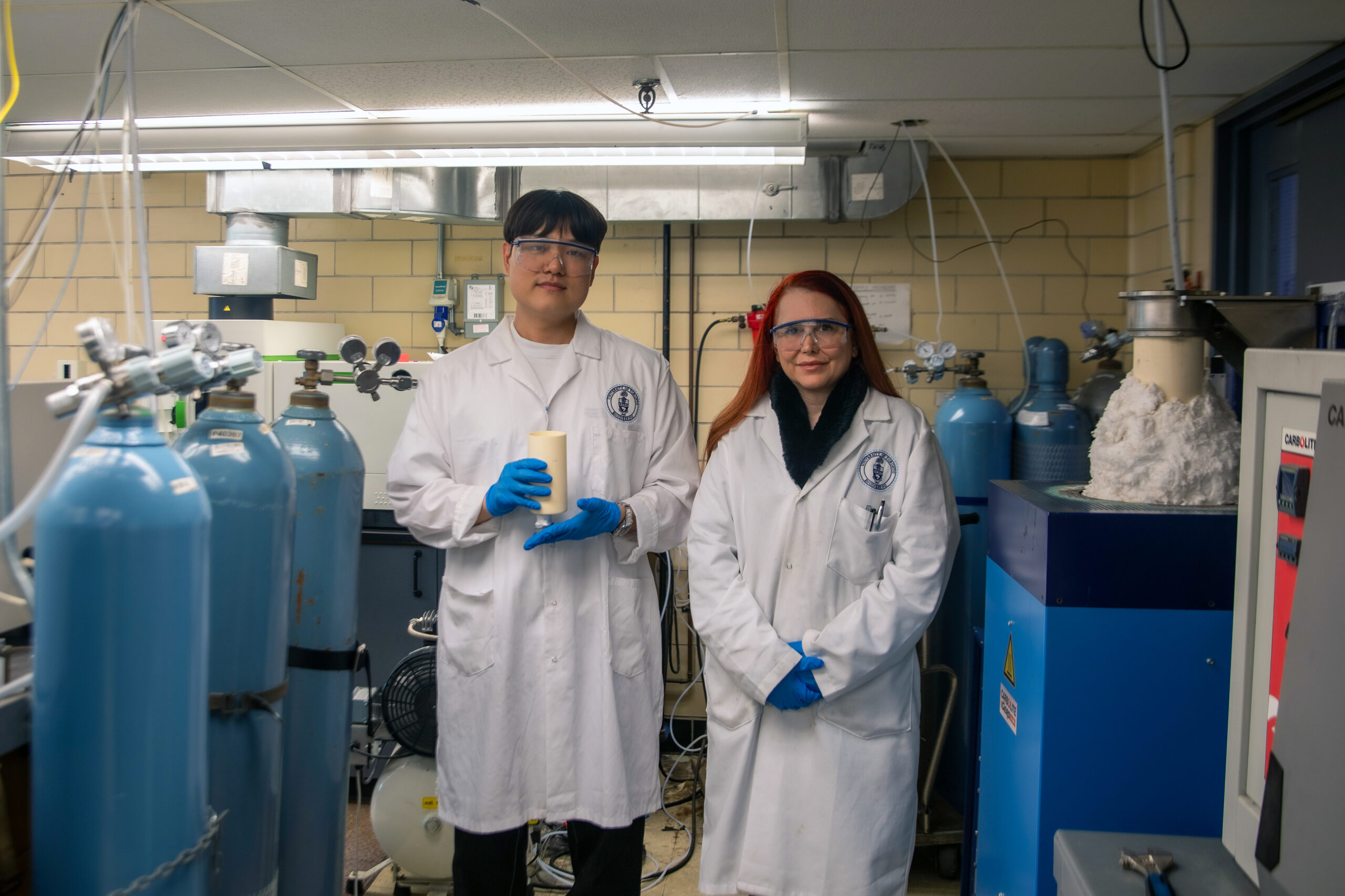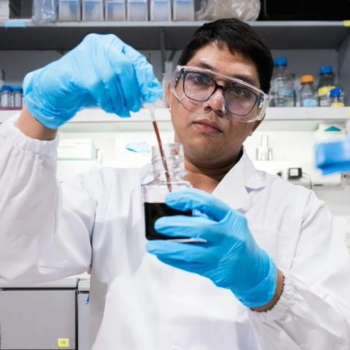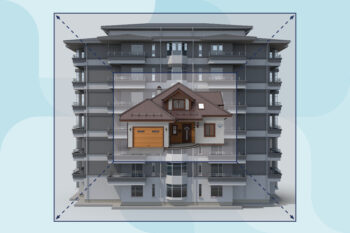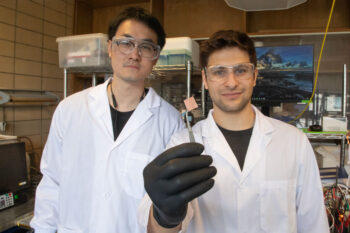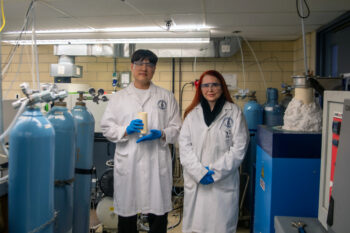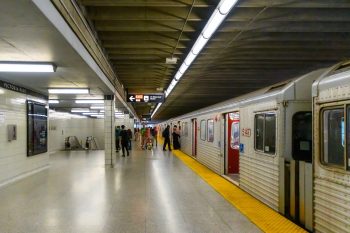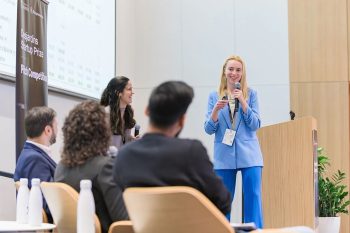Sustainability
Sustainability programs and research at U of T Engineering are at the forefront of alternative technologies that can mitigate the impact of climate change.
Working with industry partners such as Canfor and Dupont, we are leading a national initiative to develop processes that create value-added, sustainable products from underutilized forest biomass.

- Alternative Fuels
- Carbon Management
- Combustion
- Emissions Reduction
- Energy Policy
- Energy Storage
- Infrastructure Management
- Life-Cycle Assessment
- Smart Grid
- Sustainable Aviation
- Sustainable Energy
- Transportation
- Urban Development
Centre for Power and Information
CPI addresses pressing societal energy challenges at an infrastructural level through fundamental research, industry collaboration, and education, both locally and worldwide.
BioZone advances genome science and genome analysis tools, to provide sound bioengineering solutions to pressing health care challenges.
Institute for Sustainable Energy
ISE is a multidisciplinary research centre that focuses on increasing energy efficiency and reducing the environmental impact of energy use and conversion.
Centre for Research in Sustainable Aviation
CRSA is an interdisciplinary research centre developing future generations of environmentally sustainable aircraft.
CGEN prepares engineering graduates for a global workplace and generates high-impact research projects which address development challenges around the world.
Study Sustainability at U of T Engineering
Our Master of Engineering students can choose from technical specializations in Advanced Water Technologies, Sustainable Energy and Sustainable Aviation. At the undergraduate level, students can pursue minors in Sustainable Energy and Environmental Engineering, and Engineering Science students can major in Energy Systems Engineering.
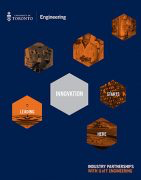 Leading innovation starts here
Leading innovation starts here
Connect with our partnerships team to discuss how a partnership with U of T Engineering can benefit your organization.
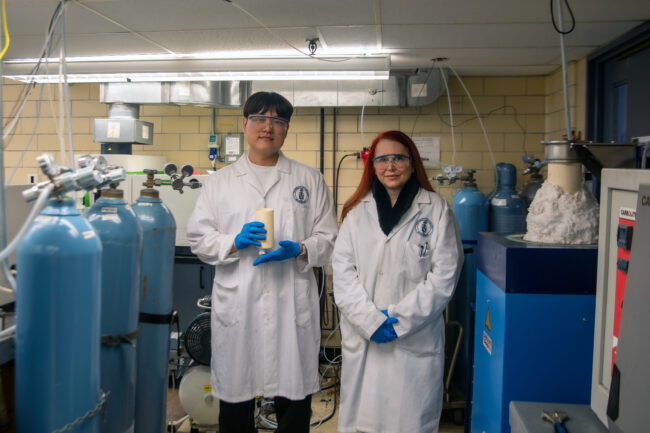
U of T Engineering researchers have designed a new way to recycle steel that has the potential to decarbonize a range of manufacturing industries and usher in a circular steel economy.
The method is outlined in a new paper published in Resources, Conservation & Recycling and co-authored by Jaesuk (Jay) Paeng (ChemE PhD candidate), William Judge (MSE PhD 2T1) and Professor Gisele Azimi (ChemE, MSE).
It introduces an innovative oxysulfide electrolyte for electrorefining, an alternative way of removing copper and carbon impurities from molten steel
